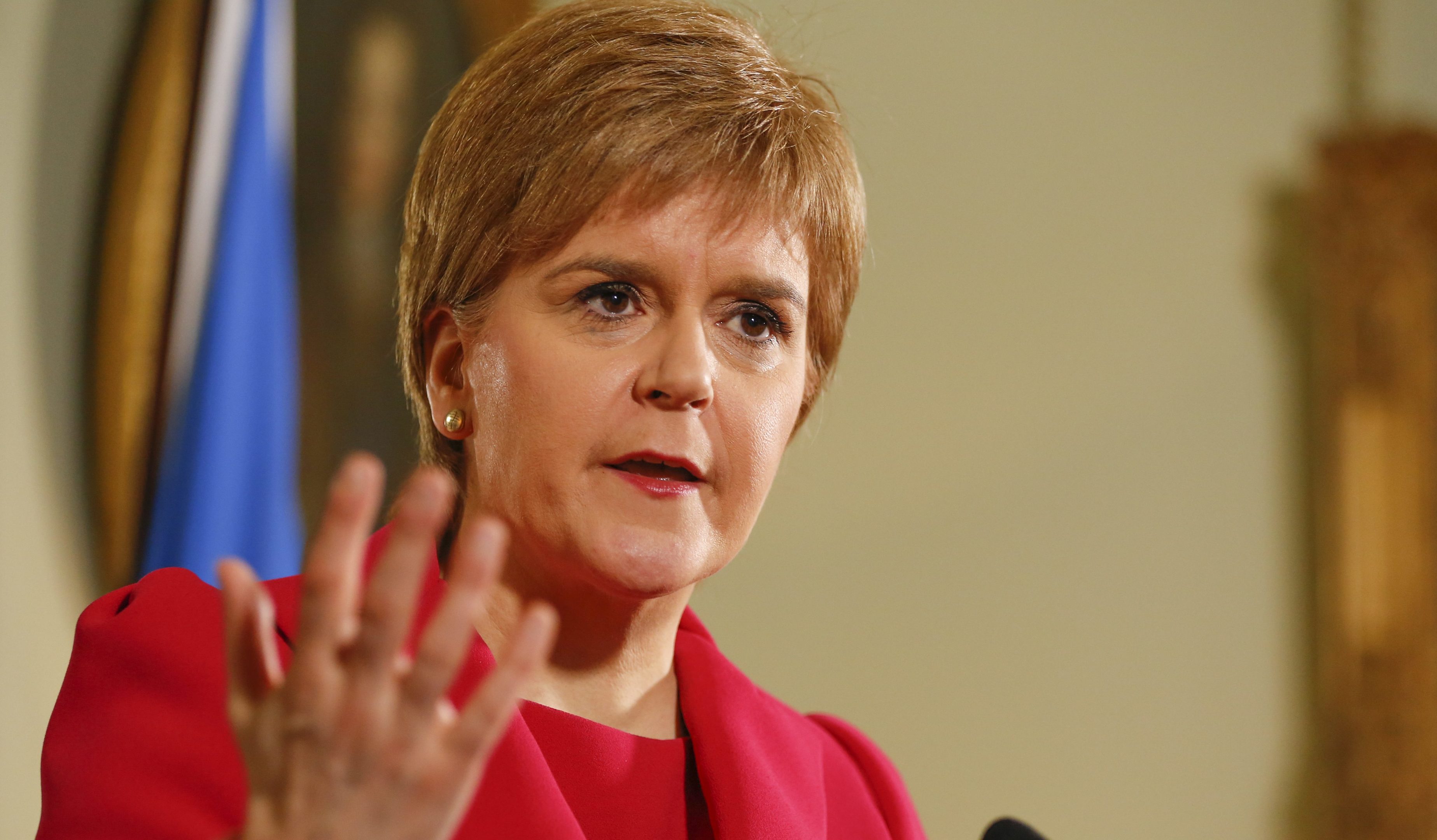Nicola Sturgeon has claimed there is “nothing inevitable” about another independence campaign descending into acrimony.
In a speech to academics in Glasgow, the First Minister dismissed warnings from opponents that a new ballot would expose fresh divisions in a country still reeling from the 2014 vote.
“There is a lot of talk in Scotland right now about how an independence referendum will be divisive,” she told the Political Studies Association conference last night.
“But as the Church of Scotland said just a couple of weeks ago, there is nothing inevitable about this campaign or any campaign being divisive.
“Campaigns in politics are only divisive if we make them so. And we should be determined, all of us, not to make it so.”
With the country effectively split 50-50 on the constitution, Ms Sturgeon called on Scots to respect each other’s views.
Recalling the 2014 plebiscite as largely a “very positive experience”, she added: “We need to recognise the honesty and validity of people’s anxieties, doubts and differences of opinion.
She added: “I will ensure that at all times we make our case – not just with passion and conviction – but with courtesy, empathy and respect.”
John Lamont, for the Scottish Conservatives, said: “The last thing Scotland needs right now is a divisive and unwarranted referendum.”
Scottish Liberal Democrats leader Willie Rennie said: “The First Minister is living in dreamland if she thinks another one would be positive for Scotland.”
Ms Sturgeon said that David Cameron would still be leading the UK if he had listened to her.
Referring to lowering the voting age to 16 for the 2014 ballot, the SNP leader said: “I tried to persuade David Cameron to do likewise for the EU referendum.
“He didn’t take my advice. Had he done so I’m sure that result would have gone the other way and he’d still be prime minister right now.”
On gender balance, she said the Scottish Conservatives in Holyrood are “letting the side down”.
“They haven’t done anything about gender balance so their gender balance is appalling and it is reducing and diluting the gender balance of the parliament as a whole,” she said.
